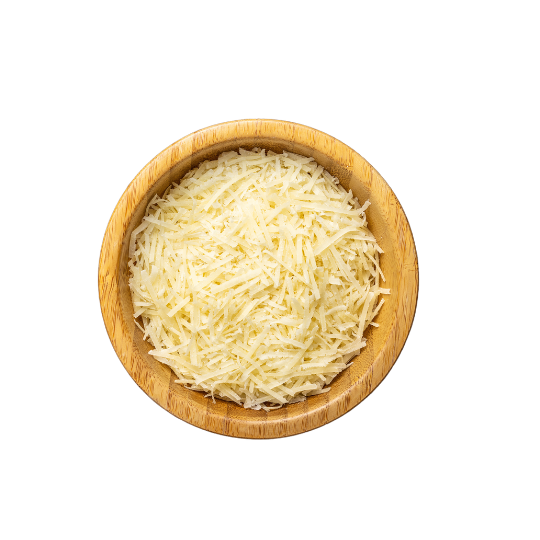Is Parmesan Cheese Gluten-Free? Navigating the Cheese Aisle with Confidence
For individuals on a gluten-free diet, whether due to celiac disease, gluten sensitivity, or personal preference, the grocery store can sometimes feel like a minefield. One such gray area is the cheese aisle. A question that often arises is: “Is Parmesan cheese gluten-free?” Let’s delve into the world of Parmesan and get some clarity on its gluten content.
Understanding Parmesan Cheese
Parmesan, or Parmigiano Reggiano as it’s known in its native Italy, is a hard, granular cheese that’s aged for a long time to develop its distinctive flavor and texture. Made from cow’s milk, Parmesan has a rich history and is an integral part of many Italian dishes.
What’s Gluten Anyway?
Before we can address the gluten status of Parmesan, it’s essential to understand what gluten is. Gluten is a protein found primarily in wheat, barley, and rye. For individuals with celiac disease or gluten sensitivity, consuming even trace amounts can lead to a variety of symptoms and health issues.
So, Is Parmesan Cheese Gluten-Free?
The straightforward answer is that traditional Parmesan cheese, made only from milk, salt, and rennet, is inherently gluten-free. However, there are caveats to consider:
- Processing and Additives: Some commercially available Parmesan cheeses, especially pre-grated versions, might contain anti-caking agents or preservatives that could contain gluten. Always check the ingredient list.
- Cross-Contamination: Cheeses cut and packaged in facilities that also handle gluten-containing products could be contaminated. If you are particularly sensitive to gluten, it might be safer to buy whole blocks of cheese and grate them at home.
- Imitation Parmesan: Not all cheese labeled as “Parmesan” is the real deal. Imitation or substitute Parmesan products might have fillers or additives that contain gluten. Authentic Parmigiano Reggiano, which has a stringent production standard, is a safer bet for gluten-free consumers.
Tips for Buying Gluten-Free Parmesan
- Read Labels: Always check the label for any gluten-containing additives. Words to watch out for include modified food starch, maltodextrin, or unspecified starch.
- Look for Certifications: Some products will have a “gluten-free” label or certification. These are often safer options.
- Ask the Producer: If in doubt, reach out to the manufacturer or producer. They can provide detailed information on ingredients and potential cross-contamination risks.
In Conclusion
Parmesan cheese, in its traditional form, is gluten-free. However, due diligence is crucial when shopping, especially for those with heightened sensitivity. By being informed and cautious, you can enjoy the robust flavors of Parmesan without compromising your gluten-free diet.
Next time you’re whipping up a gluten-free pasta dish or sprinkling some cheese on your salad, remember: with a little knowledge and care, Parmesan can safely remain on your menu. Buon appetito!
